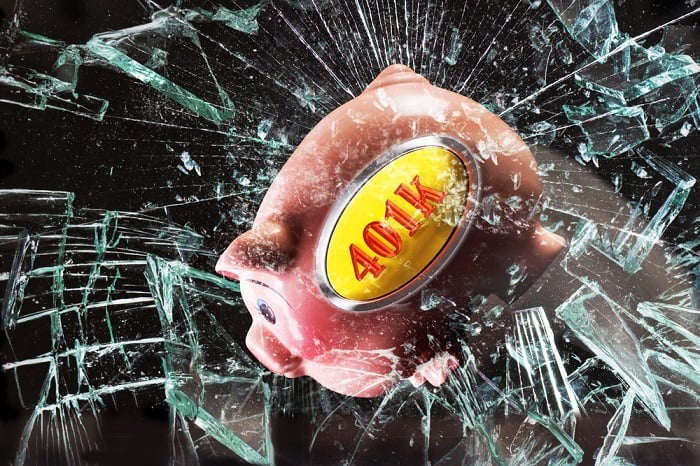 401(k) deferrals would be affected by a proposed tax plan, EBRI says.
401(k) deferrals would be affected by a proposed tax plan, EBRI says.
House Republicans are reportedly considering a proposal to cap contributions on pre-tax, traditional 401(k)s at $2,400, according to reporting in the Wall Street Journal. Contributions above that threshold would be invested after-tax in Roth accounts, which are drawn down in retirement tax-free.
President Trump pledged to not touch 401(k)s on Twitter. "This has always been a great and popular middle class tax break that works, and it stays!" wrote the President.
Recommended For You
Today, Rep. Kevin Brady, R-TX, chair of the House committee responsible for writing the tax bill, said lawmakers would revisit the issue in light of the President's tweet.
The prospect of Rothifying some portion of the $7 billion defined contribution system has met bipartisan resistance from lawmakers, and fierce resistance from the financial services industry.
In limiting the tax-deferred treatment of traditional 401(k) contributions, lawmakers could move tax revenue it will ultimately collect into the 10-year budget window.
Doing so would help lawmakers cut marginal and corporate tax rates without raising budget deficits.
But serious, and to date, unanswered questions remain as to what that policy would mean for workers' savings habits, and whether it would create a strain on the country's balance sheet outside the 10-year budget window.
The Employee Benefits Research Institute, a non-partisan think-tank, has been working to produce projections on how a new Roth mandate would impact the country's retirement income security. That study is slated for release in the second week in November, shortly after the House is expected to release its first full view of proposed tax legislation.
EBRI receives funding from the financial services and insurance industry, consumer advocates, and several large sponsors of retirement plans. Shai Akabas, an economist with the Bipartisan Policy Institute, calls EBRI's proprietary retirement modeling "among the best" in the industry. The BPI is also slated to release a study on how Rothification would impact the country's long-term deficit picture.
Some critics of the defined-contribution-based U.S. retirement system claim that the tax incentives to deferring earnings to traditional 401(k) vastly benefit high-income savers.
Those higher-wage earners don't need tax incentives to say, argue some. They would do so on their own no matter how the tax code treated their deferrals.
In response to the recent report in the Journal, which did not name its sources when reporting on the proposed $2,400 cap, EBRI released figures showing how much of savers' deferrals to 401(k)s would be impacted by the proposal.
The upshot is that it would not only be higher-income earners that would be significantly impacted.
Below are two charts, printed with EBRI's permission, that show how the $2,400 threshold would impact savers. 
Table 1 shows that even at the lowest wage levels ($10,000 to $25,000), 38 percent of the 401(k) contributors would be impacted by the $2,400 threshold.
This number drops slightly for those with wages of $25,000 to $50,000 but then increases substantially. For those with more than $100,000 in wages, 87 percent would be impacted.

Table 2 shows that for the youngest 401(k) contributors (ages 25 to 34), 43 percent would be impacted by the $2,400 threshold. This number increases for older participants. For those 55-64, 64 percent would be impacted.
© 2025 ALM Global, LLC, All Rights Reserved. Request academic re-use from www.copyright.com. All other uses, submit a request to [email protected]. For more information visit Asset & Logo Licensing.








